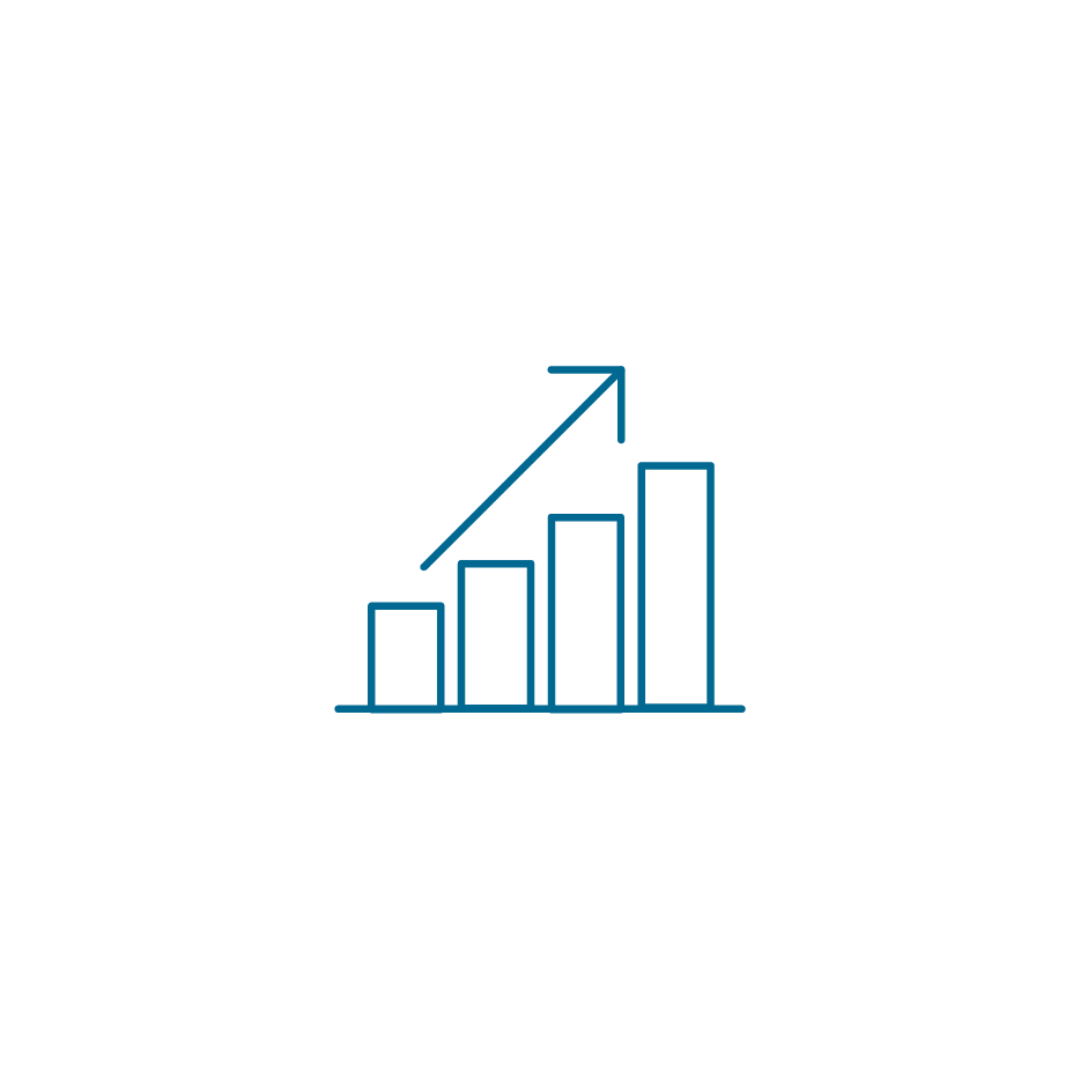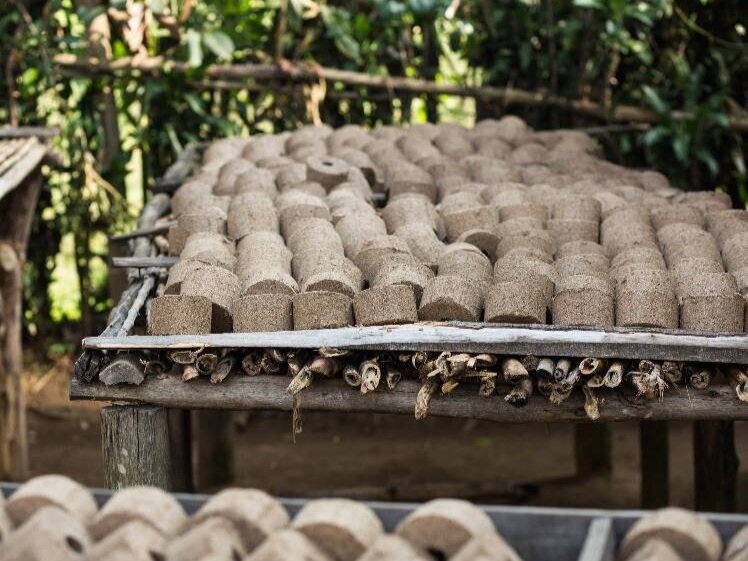conservation programs
A THRIVING NATURAL ENVIRONMENT IS A VALUABLE ASSET.
farming + food production
community gardenS + KITCHEN
Our community gardens are a central place to grow diversified and nutritious crops to aid in feeding the village. We teach innovative agricultural techniques through organic bio-intensive gardening. This method yields the most crops from a minimal area of land.
The harvested crops are used at the Kageno Kitchens to make meals for our feeding program, and surplus crops are sold at the local market to generate income. The garden is the meeting place for our agricultural training program, where we teach people how to create and maintain their sustainable gardens.
Vegetable and Fruit Grown in and around our gardens:
Red Beets, Kale, Chinese Cabbage, Pineapples, Bananas, Guava, Tomatoes, Passion Fruit, Orange Trees, Lemon Trees, Avocado Trees, and Strawberries
clean water systems
Berthilde Uwingabiye grew up in Banda and as a child had to collect water from the river for her family. It was a difficult chore causing her to be late to school and work. At the time her family suffered from a number of gastrointestinal illnesses as a result of drinking unsanitary river water. Today she was a clean water tap installed in her compound and is able to use the water for her household and to irrigate the crops she learned how to grow through our educational programs. This small change resulted in her family being healthier and she’s able to devote more time to her work as a teacher in the local school.
reduce health risks
Insufficient access to clean water contributes to desperate conditions in all of the Kageno villages. Without access to fresh water, communities must use polluted surface water from nearby streams, which are prone to waterborne diseases such as cholera, hepatitis, typhoid, and diarrhea.
Kageno helps communities build and maintain sanitary water systems. These taps and pumps are cost-effective and, when possible, run by solar power. Access to clean water reduces the health risks of water-related diseases and increases the earning potential of households by saving time otherwise spent gathering water.
We rely on the communities to make significant contributions to materials, labor, operation, and maintenance of new water systems.
60,000 liters of clean water are drawn daily!
ANIMAL + Livestock RAISING
ANIMAL HUSBANDRY
Kageno works with farmers to increase their livestock and crop yields through activities such as planting new seed varieties, bio-intensive agricultural techniques, irrigation animal husbandry.
We’ve introduced cows, chickens, and rabbits to farmers as a way create multiple sources of food and fertilizer for the community.
Cow’s milk and chicken eggs are a source of nourishment for the feeding program, cow manure fertilizes the community gardens, and the excess milk, chickens, and eggs sell at the market for profit.
reforestation
briquette’s + TREE PLANTING
Deforestation and lack of environmental sustainability contribute to a poor agricultural environment, that contributes to soil erosion and a build-up of carbon dioxide in the atmosphere, which results in lowered rainfall.
Nearly 100% of the populations we serve are dependent on firewood for fuel to cook and warm their homes. We've committed to replanting trees to reforest the region and, reverse the effects of deforestation and climate change. To date, we've planted over one million trees.
We introduced earth-friendly briquettes as an alternative fuel source. These sustainable briquettes are created from recycled trash and are easy to make.
LEARN MORE ABOUT OUR EDUCATION, HEALTHCARE + INCOME GENERATION PROGRAMS









